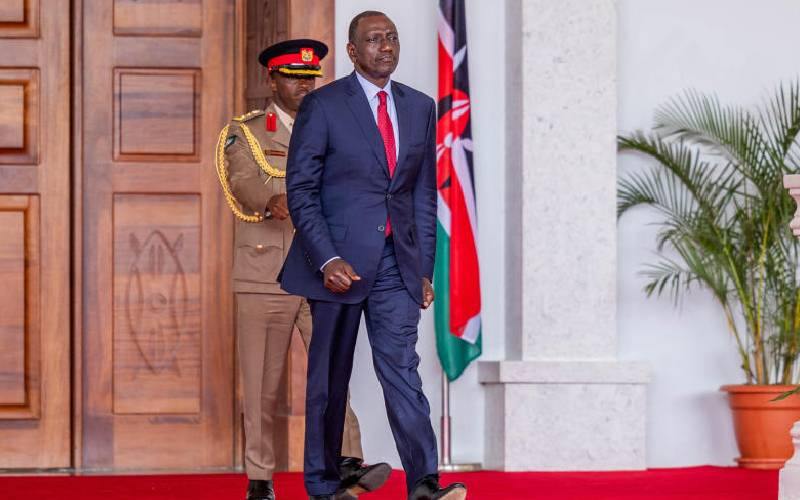×
The Standard e-Paper
Home To Bold Columnists

On Thursday, President William Ruto dissolved his Cabinet.
Following weeks of protests against his administration, the President grabbed the accountability bull by the horns and sacked all his Cabinet Secretaries, save for one, Prime Cabinet Secretary and Foreign Affairs CS Musalia Mudavadi.